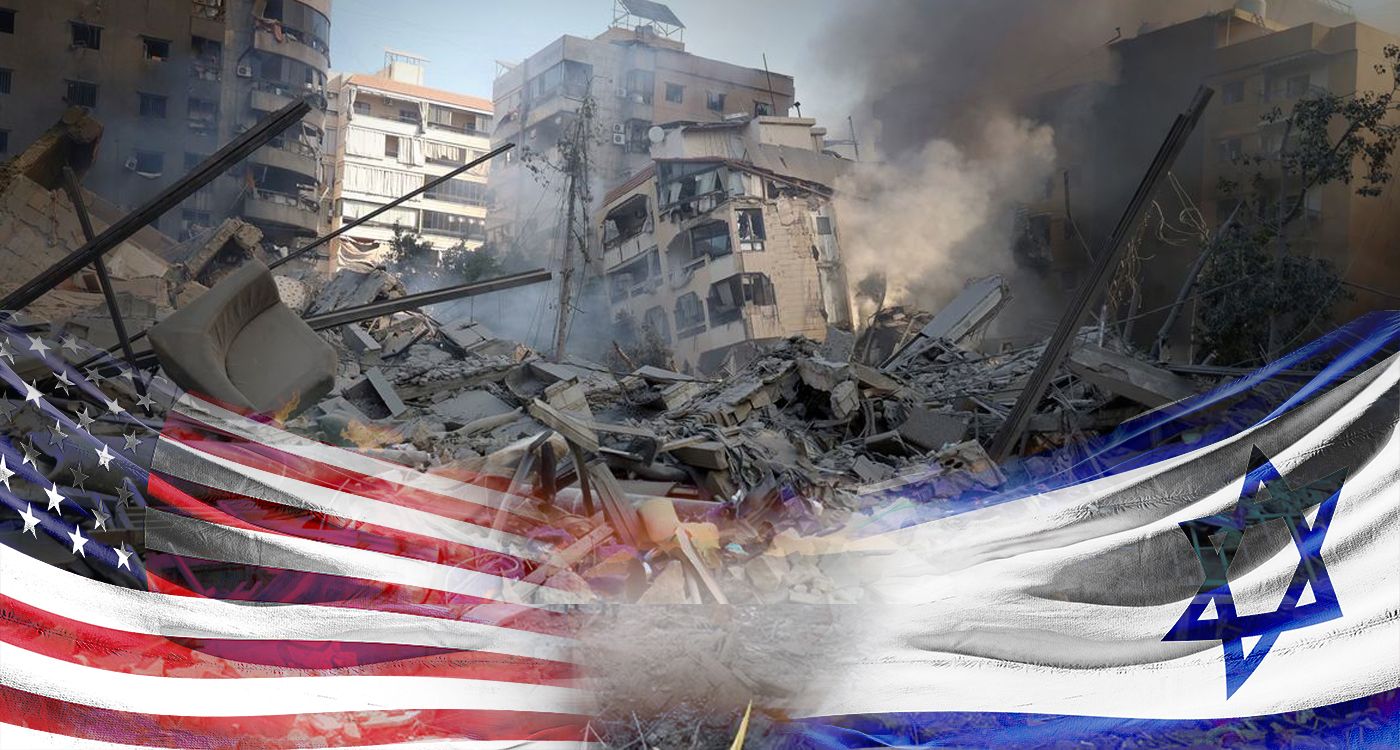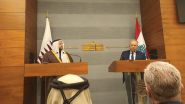
A keen observer, closely following the Middle Eastern conflict, once noted during the Lebanese war that Arab regimes were always “a truce behind.” In other words, at every critical turn in the regional crisis, they often accepted conditions or succumbed to situations they had rejected just a few years earlier. This unfortunate reality applies perfectly to Hezbollah today…
In July 2006, after instigating a war with Israel — at the behest of the Islamic Revolutionary Guard Corps (IRGC) under Qassem Suleimani — Hezbollah pressured the Lebanese government of Fouad Siniora to secure a ceasefire agreement to end the intense Israeli bombardment that lasted for 33 days. This culminated in UN Security Council Resolution 1701, which called for a ceasefire but also imposed a series of measures severely limiting Hezbollah's military activities.
In practice, Hezbollah only accepted the ceasefire provision of Resolution 1701, ignoring the other stipulations over the following months and years. Now, after suffering immense losses on multiple fronts, Hezbollah has called for the full implementation of Resolution 1701 — nearly 18 years later!
Nabih Berri, the leader of the Amal movement and Speaker of the Lebanese Parliament, has consistently emphasized the importance of adhering strictly to the UN resolution without any amendments. This was officially achieved with the ceasefire agreement announced on November 26. However, those who express satisfaction with the result seem to ignore the true content of the UN resolution and the specific provisions embedded in this latest cessation of hostilities. The facts are clear...
The November 26 document, based on Resolution 1701, unequivocally prohibits any illegal armed presence and the storage of military equipment, except for the Lebanese Army and UNIFIL, south of the Litani River and along the border with Israel. It further stipulates that Hezbollah and other armed groups in Lebanon will not launch any attacks on Israel. To avoid any ambiguity, the agreement explicitly states that “only the Lebanese security forces and the Lebanese Army will be authorized to bear arms in southern Lebanon.”
As a result of these provisions, Hezbollah entirely loses the “defense” and “resistance” roles it has long claimed by force, especially since the agreement explicitly places control of the border and frontline positions in the South under the Lebanese Army and legitimate security forces.
For years, the Hezbollah-Amal duo and the so-called “obstructionist” axis refused to acknowledge that Resolution 1701 implicitly includes Resolution 1559 (adopted in 2004), which calls for the dissolution and disarmament of all militias. Although the ceasefire agreement does not directly reference Resolution 1559, it effectively enforces its provisions by mandating the “dismantling of all illegal facilities used for the production of weapons or military-related materials.” Additionally, the agreement specifically requires the “dismantling of all (illegal) military infrastructure and positions, as well as the confiscation of all undeclared weapons” in relation to Hezbollah's disarmament.
US Guarantees to Israel
The ceasefire agreement revives, 18 years later, the full scope of Resolution 1701, which Hezbollah has consistently disregarded over the years. However, a significant distinction emerges: Hezbollah now faces not only the complete 1701, but one that is notably reinforced. The agreement, made public in the last 48 hours, is accompanied by an important but undeclared document outlining the “guarantees” provided by the United States to Israel.
These American guarantees grant Israel the right to intervene directly through military means, with US backing, if Hezbollah violates the ceasefire terms. Furthermore, they establish a historic precedent by authorizing frequent Israeli overflights of Lebanese airspace for surveillance and intelligence-gathering missions. The agreement also facilitates enhanced bilateral intelligence cooperation, particularly regarding Hezbollah's infiltration and militia activities within Lebanese State institutions, especially those involved in security functions.
The Icing on the Cake
In a final touch to this tight American-Israeli control over the situation on the ground, the agreement includes a crucial provision: the oversight of its implementation will be entrusted to an American command, which will lead a monitoring commission to ensure strict adherence to the ceasefire terms. As a result, Hezbollah will likely refrain from publicly declaring, in line with Iran's Supreme Leader, that the United States remains the evil “Great Satan”…




Comments